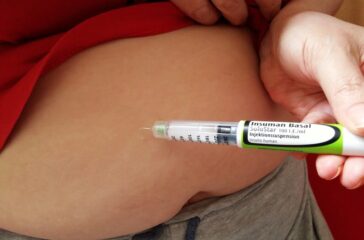Common food additive associated with type 2 diabetes risk
By Grace van Deelen
Chemical compounds commonly used to cure ham, bacon and other meats are associated with type 2 diabetes risk, according to new research.

By Grace van Deelen
Chemical compounds commonly used to cure ham, bacon and other meats are associated with type 2 diabetes risk, according to new research.